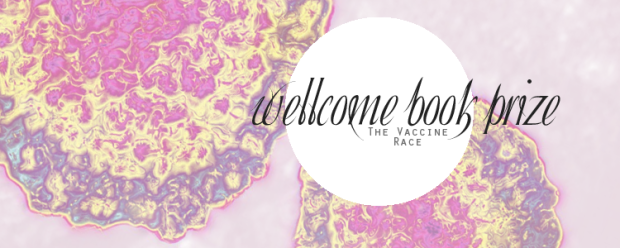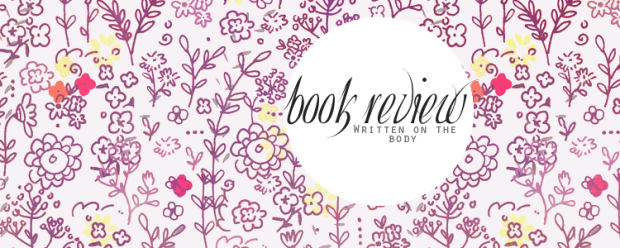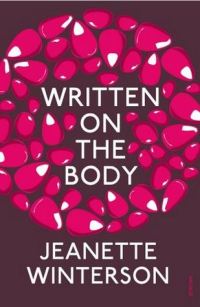

Rating – 3*
Vaccines are an incredibly interesting topic – and interestingly enough one that I only know the bare bones about. This book was one on the Wellcome Prize longlist that I probably would have eventually picked up because the topic is one that I would gravitate towards in the non-fiction section of a bookshop.
The Vaccine Race spans the history of the vaccination – the science, the people behind them, politics, competition and ethics. At the core, it’s a very rounded and thought out book but I felt that it was too little of everything and it was trying too hard to be a more intimate and personal book and it sort of let some of the science fall to the side in places, which was a little disappointing.
I will say I enjoyed the science in this book, and I did like that as I was reading it felt like a race against time to get the vaccinations figured out before any more damage can be caused. I do enjoy reading about scientific and medical ethics, and I’m glad it was covered in pretty much every part of this book. Wadman in no way approves of the methods by which Hayflick tested his creations, but she explains that by the culture of the period he was working in that it was acceptable. Thankfully, science and ethics have moved on from going straight in to human trials on non-consenting participants!
I’ve seen this book compared to The Immortal Life of Henrietta Lacks and while I feel that it was written in the same tone in parts, what made that book incredible made this one only mediocre. Which makes me sad because I really wanted to love this book.
Unfortunately for me this missed the mark. I found the first 100 pages or so really interesting, the first chapter I was absolutely hooked on it, but from there it became a really hard read. It became a chore. Where I read 11 books before I started this one, it took the entirety of the second half of February for me to finish this. The start really lured me in to a sense that this was going to be an amazing book, and yeah, it just didn’t continue in the same way.

















